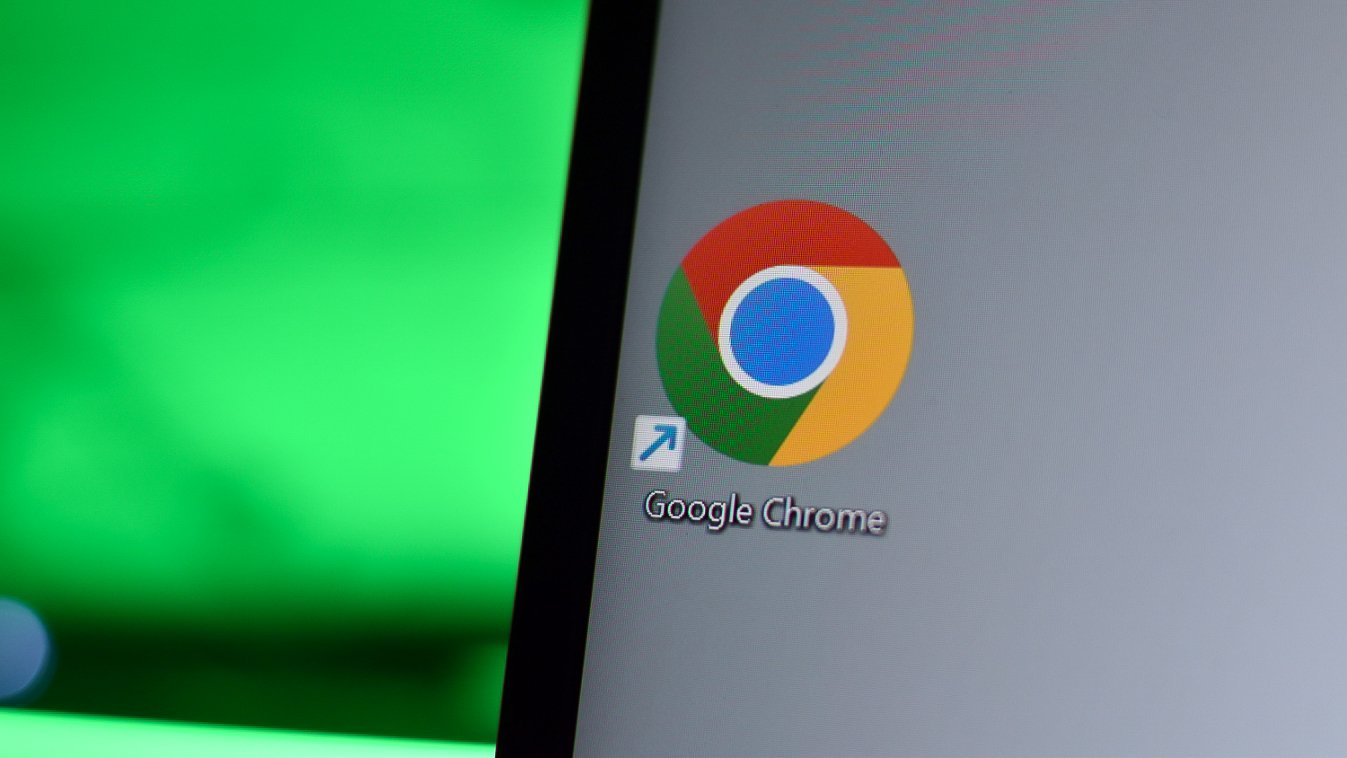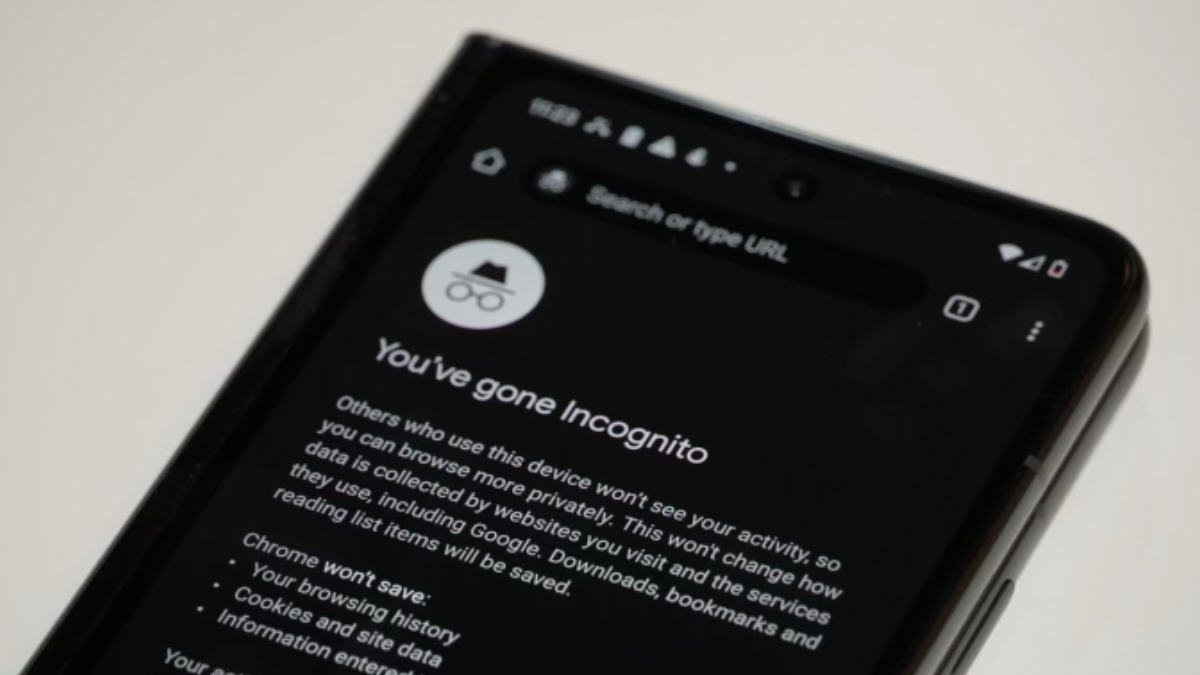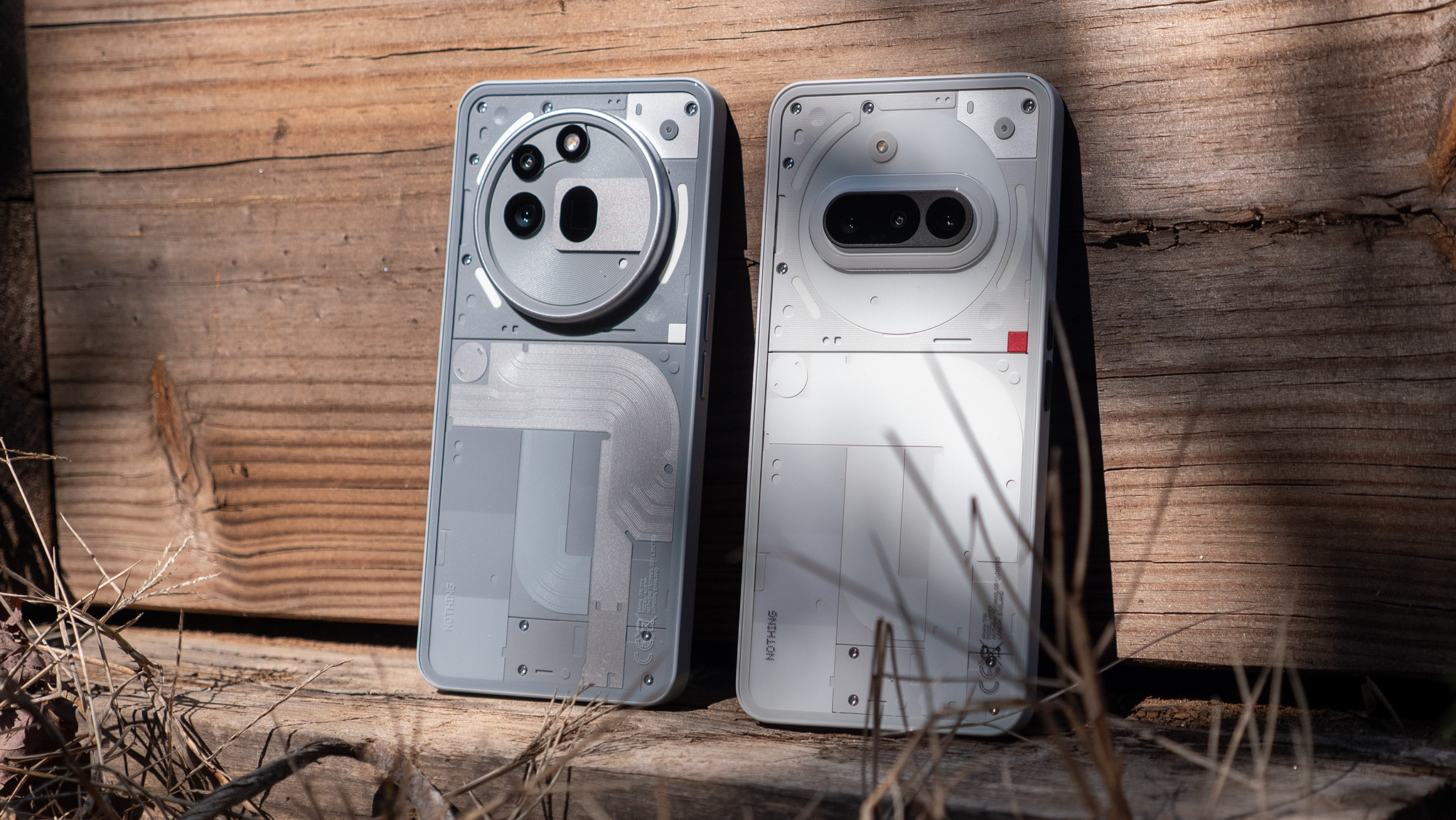Google now admits it tracks you in Chrome's incognito mode following $5B settlement
The clarified text in new incognito mode browsers confirmed what we all thought.

Get the latest news from Android Central, your trusted companion in the world of Android
You are now subscribed
Your newsletter sign-up was successful
What you need to know
- Google settled a class-action lawsuit for $5 billion that alleged it misled users into thinking the company would not track them in incognito mode.
- Its original disclaimer said that Chrome would not save their browsing data, but websites, ISPs, and others could still see it.
- A new disclaimer clarifies that while Chrome (the browser) isn't tracking your data in incognito mode, Google (the website and company) still can.
All modern browsers have private browsing modes available, and the one in Google Chrome is called incognito mode. While the company has long made it clear that websites, school or business administrators, and ISPs can still see your browsing activity in incognito mode, Google said that Chrome does not save this data.
As it turns out, the idea that Chrome does not track you while in incognito mode is nothing more than a master-level technicality. Chrome, the browser, does not save your history when browsing in incognito mode. Google — the search engine, advertising giant, and trillion-dollar company — will still track your browsing activity per usual, even when in incognito mode.
This concern was first brought to light in 2020 when a class-action suit was filed against Google for misleading customers into thinking the company would not track them while using incognito mode. The lawsuit alleged that through this discrepancy, Google violated federal wiretapping laws. As compensation, the plaintiffs asked for a minimum of $5 billion.
Despite the company's efforts to get the case thrown out, the legal battles persisted. That is, until recently, when Google paid $5 billion to settle the matter once and for all.
Google did not admit to any wrongdoing as part of the settlement. Initially, it seemed as if Google would continue operating Chrome and its incognito mode as it always had. However, Google has now updated the disclaimer on the new tab page for incognito mode windows (via MSPowerUser). The change makes it clear what was once ambiguous: Google will still track you while in incognito mode.

"Others who use this device won't see your activity, so you can browse more privately," the new disclaimer reads. "This won't change how data is collected by websites you visit and the services they use, including Google. Downloads, bookmarks, and reading list items will be saved."
It's a stark difference in clarity from the original notice, which read: "Now you can browse privately, and other people who use this device won't see your activity. However, downloads, bookmarks, and reading list items will be saved."
Get the latest news from Android Central, your trusted companion in the world of Android
The change is present in version 122 of Chrome Canary on Windows and Android. It's only a matter of time before the updated incognito mode disclaimer makes its way to public versions of Chrome, though.

Brady is a tech journalist for Android Central, with a focus on news, phones, tablets, audio, wearables, and software. He has spent the last three years reporting and commenting on all things related to consumer technology for various publications. Brady graduated from St. John's University with a bachelor's degree in journalism. His work has been published in XDA, Android Police, Tech Advisor, iMore, Screen Rant, and Android Headlines. When he isn't experimenting with the latest tech, you can find Brady running or watching Big East basketball.
